As an Army brat, coming of age in the 1960s, with my dad, a career soldier who had fought all of WWII and done time in the Korean Conflict, the idea of war was never too far away. As an American kid, at home in Virginia, Georgia, North Carolina, Missouri, or Kansas, the war couldn’t have been further away. When I was in sixth grade, we moved to South Carolina to be near my mom’s family while my father went to fight in The War in Viet Nam.
It was 1967, The Summer Of Love.
Growing up in the 1960s, I recall lots of things. Powerful things. Things that stuck with me. Race riots and Freedom Marchers, Martin Luther King and big crowds, the tent city in Washington DC- this happening while my dad was stationed at the Pentagon. I remember JFK’s & MLK’s assassinations. Lee Harvey Oswald being gunned down in Dallas, right in front of the police and sheriff, right on TV. Much later, when I was about 22, I was given a ride when hitch hiking between Austin and Dallas by the man who had been the Dallas County Sheriff and was standing there when Jack Ruby fired that pistol shot.
Images of the Buddhist monk who’d set himself on fire in Saigon. The photo of the general killing the NVA soldier right in the street.
My dad, away at war, sent home letters to my mom, more than to us. His letters were light hearted and she’d read them to us in our sunny kitchen. We rode our bikes and hung out with our cousins and friends in Sumter. It never once dawned on me that my dad might get killed. That he might never come home.
His wounds, the emotional wounds, he carried with him the rest of his days.
I remember antiwar protests, the young woman gunned down at Kent State by the National Guard (we wore black armbands the next day at school), Patty Hearst and the SLA. I remember The Chicago 7, The Black Panthers & Che Guevara. The My Lai Massacre. Helicopters, draft evasion, bombs, protests, firefights, police. Life Magazine. Kid protesters, kid soldiers, kids in the National Guard. The raised, black gloved fists at the Olympics gold medal ceremony.
We woke the morning of my Grandfather’s Military Honors funeral at Arlington to the news of Bobby Kennedy’s assassination. My dad was given the news of his father’s death when he got off the plane in San Francisco, 20 hours after leaving the jungle.
My dad was given a desk job as his first duty assignment in Nam. Being much more a soldier than that, he raised quite the protest, and was then assigned as a machine gunner in a helicopter. Their job was flying in and out of battles, airlifting wounded soldiers from the field. Later, he was given a field command, and at one point was promoted while at war. There is one story he told of him and a couple other guys walking in some compound somewhere, when the camp came under fire. Bombs blasting all around, the three guys dove in behind a Jeep or some other cover. When it was over, a few minutes later, my dad stood up and looked around him. The guy on his left was dead, the guy to his right was seriously wounded. My dad was completely untouched.
He came home from Viet Nam without having been shot or wounded. I know for certain that during his 32 years in the Army that he did in fact get wounded a couple times. For all his medals & decorations, there isn’t a Purple Heart among them. The couple external scars, minor in comparison to some soldiers’ wounds, were never of any consequence to him.
His wounds, the emotional wounds, he carried with him the rest of his days. Those wounds never did heal. He wouldn’t have gotten any medals for them.
Much later in life, I took my dad to visit the Viet Nam War Memorial in Washington, DC. I stood watching as he slowly ran his fingers over the shiny black marble, touching the names of people he knew who had been killed in battle. I listened to him telling stories about each of them. He told where he had served with them over the years, told what he knew of their deaths.
He had a faraway look in his eyes.

